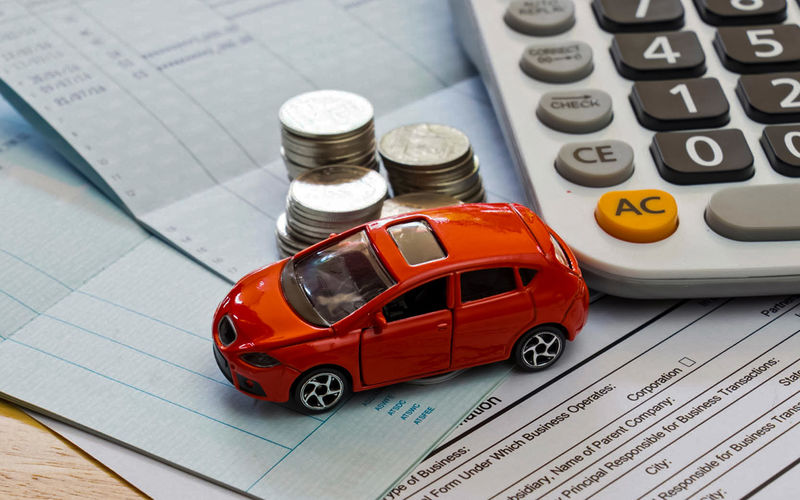Russian motorists are required to pay a transport tax annually. In the Samara region, as in any other subjects of our country, a local regulatory act is in force, the effect of which applies exclusively to the territory of the Volga region. It sets the rate for owners of different cars, the procedure and deadlines for paying a contribution to the local budget.
Features of taxation of vehicle owners
The above law applies to all settlements. The transport tax in the Samara region is paid by residents of Togliatti, Zhigulevsk, Neftegorsk, Alekseevka, other cities and villages of the region. Citizens are required to pay a transport fee after receiving a notification sent by the fiscal authority. Individuals pay the appropriate amount within 11 months following the reporting tax period, which is considered a calendar year. Citizens must pay a fee by December 1.
Interestingly, in 2017, the transport tax in the Samara region has been paid in a different order. Earlier, the deadline for making the payment was determined on October 1. From 2017, the transport tax in the Samara region can be paid up to December 1. These terms apply only to individuals. Organizations pay the budget fee in a different way.
Thus, owners of vehicles that fall under the categories of taxable ones need to pay the transport tax in the Samara region for 2018 from January 1 to December 1, 2019. If the last day of payment is a day off, postponement of the deadline to the next working day is allowed. Otherwise, a fine is charged to the citizen. According to the current legislation, timely payment of transport taxes is a direct responsibility of each car owner.
What types of vehicles are taxed in Samara
Any vehicle, whether it is a car or a truck, a passenger bus or a motorcycle, is tax deductible. In addition to these types of vehicles, you must also pay a fee to the state budget for other self-propelled vehicles, tracked and pneumatic mechanisms. Snowmobiles and snowmobiles also belong to this category. In the Samara region, as well as in other regions of the Russian Federation, vehicles traveling on water and equipped with a motor are taxed, as well as yachts, sail and motor ships, jet skis, airplanes and helicopters.
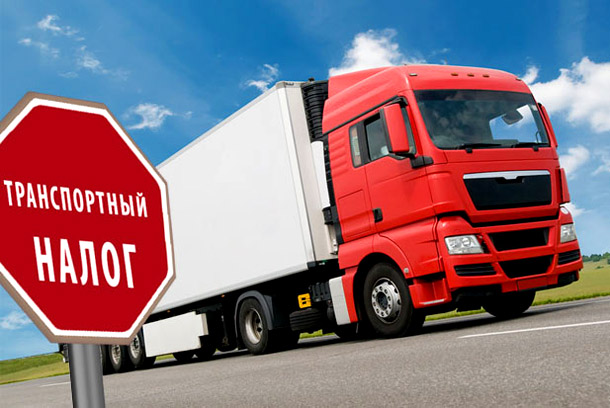
How to pay a fee to legal entities
Companies contribute the amount of tax to the budget according to other rules. Legal entities do not pay transport tax in the Samara region as citizens: once a year, a clearly defined amount. The size of tax payments is calculated based on the results of each reporting period.According to the law, institutions and enterprises must pay a quarter of the amount received according to the following formula: NB * NS * NL, where NB is the tax base, NS is the tax rate, LL is the tax benefit.
For taxpayer companies, several tax periods have been established - these are the first, second and third quarters. In the Samara region, the transport tax for legal entities and citizens is charged regardless of whether their cars are in operation or in good condition.
If the tax service sends out notifications to individuals about the amount of tax payable, then the responsibility to calculate the size of the duty lies with the accountants and financiers of the organization. They must themselves pay tax fees and pay them on time. Advance payments are paid by companies and institutions of various ownership forms no later than the 30th day of the month immediately following the past quarter. The fee, which is payable on the annual declaration, it is important to pay no later than March 1 of the next calendar year. The schedule for making transport tax payments in the Samara region for commercial and non-profit organizations for 2019 looks like this:
- for the first quarter - until April 30;
- for the second quarter - until July 30;
- for the third quarter - until October 30;
- for the year - March 1, 2020.
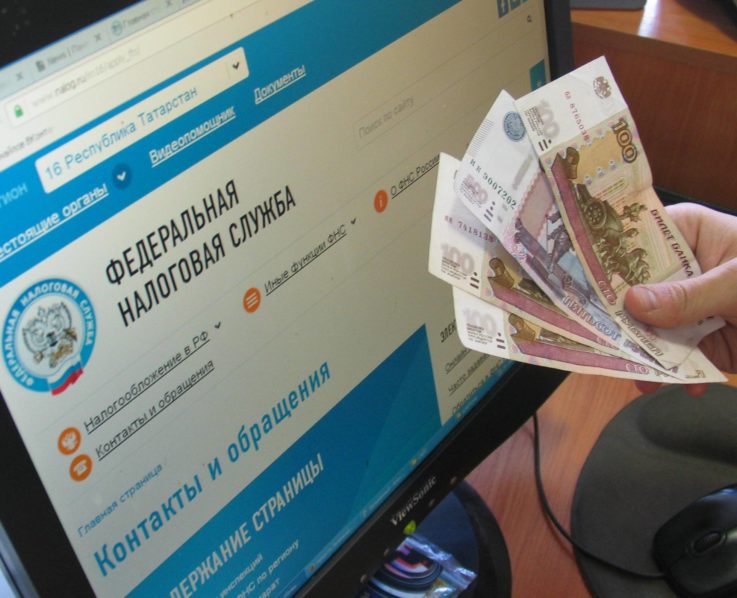
Regional rates and odds
The amount of tax that a motorist will have to pay depends on the engine power and the year of manufacture of the car. When calculating the coefficient, one horsepower of the motor power of the vehicle is taken into account. In each region, this rate may have different values. In the Samara Region, the transport tax rate is approved at the end of the tax period and is valid for the entire next calendar year. No changes are planned in the near future.
So, for example, for a passenger car with an engine power of not more than 100 liters. with. You must pay tax at a rate of 16 rubles. For vehicles that are more powerful than at least one unit, the rate increases to 33 rubles. The highest is the coefficient that applies to cars equipped with engines from 200 to 250 liters. with. - in this case, the rate of 75 rubles is applied for the calculation. For motorcycles and mopeds with a capacity of less than 20 liters. with. there is a coefficient of 10 rubles., and for buses from 200 liters. with. - 85 rubles At the same rate, the calculation of the transport tax in the Samara region for trucks with an engine of more than 250 liters. with.
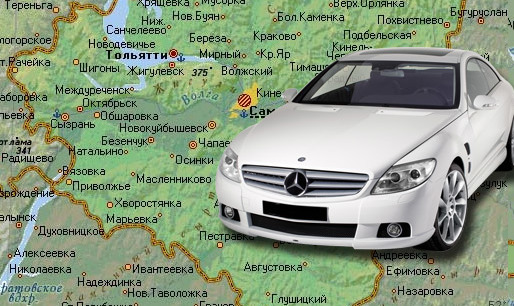
How to calculate the amount of duty
You can calculate the tax fee for owners of cars, buses and other means of transportation yourself using a special transport tax calculator posted on the official website of the Federal Tax Service. All that is required for this is the car's power, expressed in horsepower, multiplied by a fixed rate. If a car belongs to the category of expensive, that is, its market price exceeds 3 million rubles, an increase factor is used in calculating the duty.
Thus, the transport tax is a product of several numbers. The amount of payment depends on such indicators as engine power, car price and regional rate. In order not to be mistaken in calculating the duty, it is better to use the transport tax calculator online.
About preferential categories
As in any other constituent entity of the Russian Federation, in the Samara Region transport tax exemptions apply to certain groups of the population. Regional authorities have established preferential categories that are exempt from paying tax fees in full or pay it at a certain discount. In the Samara region, taxpayers of the following groups were exempted from paying a duty for a vehicle:
- WWII veterans;
- Heroes of the USSR, Russian Federation, Socialist Labor, as well as persons who received the Order of Glory or the Order of Courage as an award;
- military personnel and veterans, participants in hostilities in the territory of Chechnya, the countries of the Caucasus, the Baltic states, Afghanistan, and Tajikistan;
- persons defending the constitutional rights of citizens in a state of emergency and in the context of armed conflict;
Citizens who were exposed to radiation, or participated in the liquidation of the Chernobyl accident, are protected by the federal legislation of the Russian Federation. The liquidators and those affected by the disaster at the Mayak Production Association in the Chelyabinsk Region in 1957 fall into the same category.
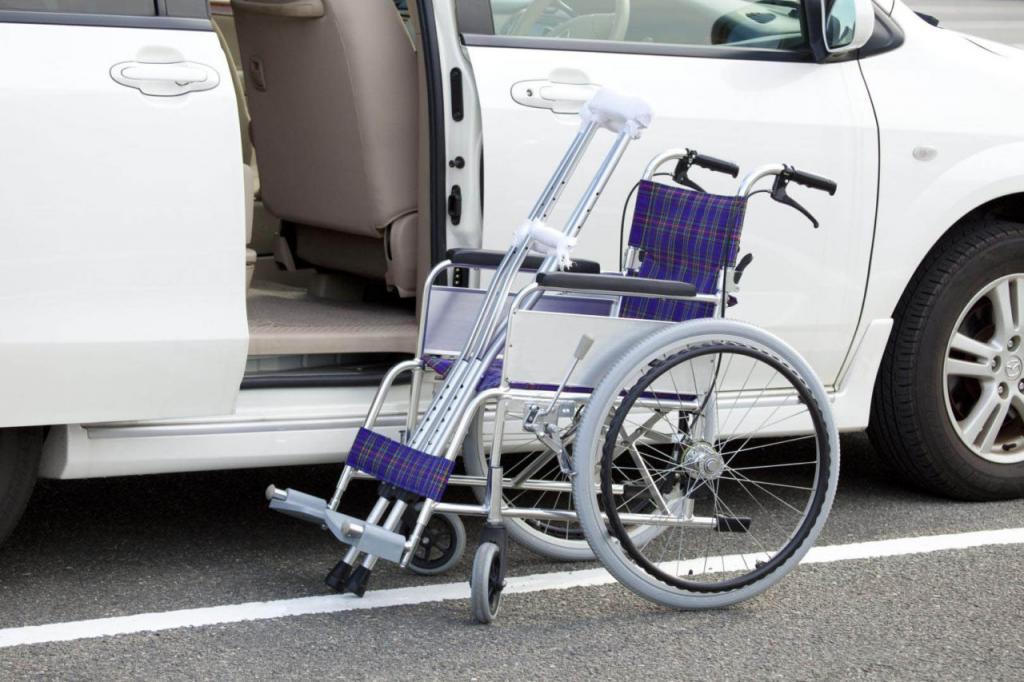
Persons with disabilities of all categories are also entitled to pay transport tax on preferential terms. The authorities of this Volga region are loyal to family members of military personnel who have died war veterans.
Preferential conditions
In relation to the above categories of the population, there is a benefit that gives the right not to pay tax for one vehicle from each group:
- cars with an engine power of less than 100 liters. with.;
- motorcycles, scooters - up to 40 liters. with.;
- boats, motor boats - up to 30 liters. with.;
- self-propelled, pneumatic and tracked vehicles - up to 100 liters. with.
Moreover, the beneficiary can be exempted from the annual fee for several vehicles at once, but provided that they all belong to different categories. For example, citizen Petrov owns VAZ-2110 and Chevrolet Niva cars, one motorcycle with a capacity of 35 liters. with. and a motor boat of 35 liters. with. Since the car "Chevrolet Niva" is equipped with an engine whose power exceeds 100 liters. s., but there is no VAZ-2110, Petrov has the right not to pay the transport fee only for a domestic car. A motorcycle is subject to preferential tax treatment, but a boat is not. Thus, a citizen will have to pay taxes for a Chevrolet Niva car and a motor boat.
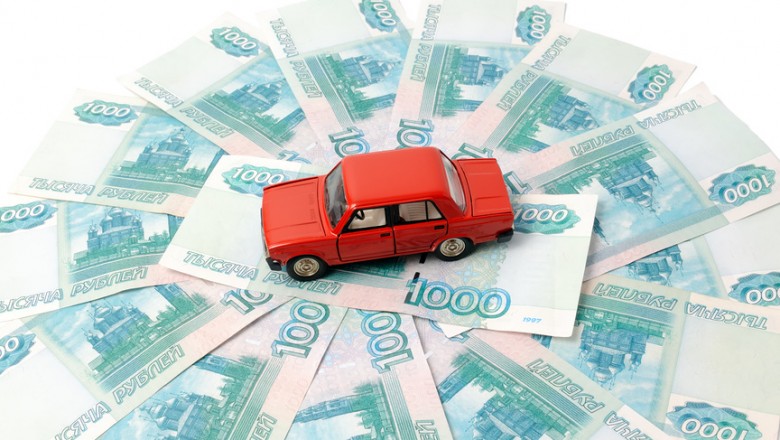
Who else can count on tax preferences
In the Samara region, the terms of payment of transport tax are the same for beneficiaries and ordinary tax payers. However, some motorists may not pay a fee at all. Regional legal acts establish the right not to pay tax if the owner of a car that has passed the standard registration procedure with the traffic police of the Ministry of Internal Affairs in the Samara Region has not undergone inspection during the previous three years. Moreover, the exemption applies to cars manufactured before 1991. They should also have an engine power of not more than 80 liters. with.
To date, privileges in the Samara region also receive:
- motorists who become owners of a car with a capacity of less than 100 liters. with. in the framework of socio-economic state programs;
- owners of cars converted for use by a person with a disability;
- owners of stolen vehicles with a mark on theft in the traffic police database (contacting the police during the theft is a prerequisite for exemption from tax);
- swimming equipment used for industrial purposes, referred to river or sea transport, which must be confirmed by relevant documents;
- tractors, automobiles and agricultural machinery used to transport hay, livestock, fertilizers, dairy products;
- rowing boats and motor boats equipped with an engine of minimum power (up to 5 hp).
Large families in Samara and transport tax
In the Samara region, individuals belonging to the category of parents with many children have been enjoying benefits since the beginning of 2016. Regional authorities ordered that special taxation conditions be provided for this category of car owners. In particular, parents with many children can count on a discount in respect of only one vehicle in the family, and only if it is a passenger car with a capacity of less than 100 liters. with. or bus (up to 150 hp).

Organizations that are fully exempt from duty
Legal entities that are engaged in non-profit activities, established by persons with disabilities, can not pay transport fees. An important condition for tax exemption is the use of a vehicle solely as part of the implementation of the statutory activities.
Leasing companies do not pay transport tax. Agricultural producers, most of whose income is profit from sales of agricultural products, also do not pay a duty on trucks registered for this legal entity.
Budget companies that maintain military-type convoys are exempt from tax for militarized vehicles with any engine power.
All enterprises with a share of foreign investment are required to pay a fee. The exception is resident companies engaged in industrial production activities within the special economic zone in the Samara region. They receive exemption from duty for five years from the date of registration with law enforcement agencies. This applies to both trucks and cars, but the benefit does not apply to aircraft and watercraft.
Retired Taxpayers
Some exemptions are provided for senior citizens. The transport tax in the Samara Region for persons who have reached retirement age or are eligible for retirement in accordance with the law, represents only half of the amount that ordinary taxpayers pay. The size of the transport tax is calculated according to the standard scheme, taking into account the rate in force in the region multiplied by 50 percent. Benefits are provided for only in respect of one vehicle from the following categories:
- cars (up to 100 hp);
- motorcycles and scooters up to (40 hp);
- boats, motor boats (up to 30 hp);
- self-propelled cars and pneumatic, caterpillar mechanisms with engine power (up to 100 hp).
Companies of the agro-industrial complex, the founder of which is a person of retirement age, can pay a tax of 30% of the rate applicable in the region. The preference is valid only for trucks. At the same time, it is important that the volume of income from the sale of agricultural goods be in the range of 70-90% of total profit.
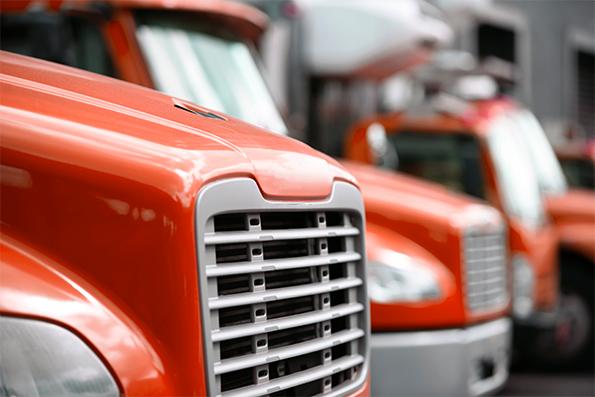
How to take advantage
To obtain the right to a benefit, a citizen or representative of the company should contact the territorial division of the Federal Tax Service located at the place of residence. You must have documents with you confirming the right to receive benefits. These include a pension certificate, a certificate of disability, a certificate of family composition, etc.
According to the law, individuals have the right to calculate the amount of the transport tax on their own - this is a direct duty of the tax authorities. However, tax officials may make a mistake. In this case, the citizen has the right to submit a request to recount the amount of the fee.
If the car or truck is owned by a legal entity, the tax amount must be calculated by the accounting department of this company or the person responsible for tax accounting. In the event of an erroneous calculation, the responsibility will lie with the company, which will be required to pay a penalty.
